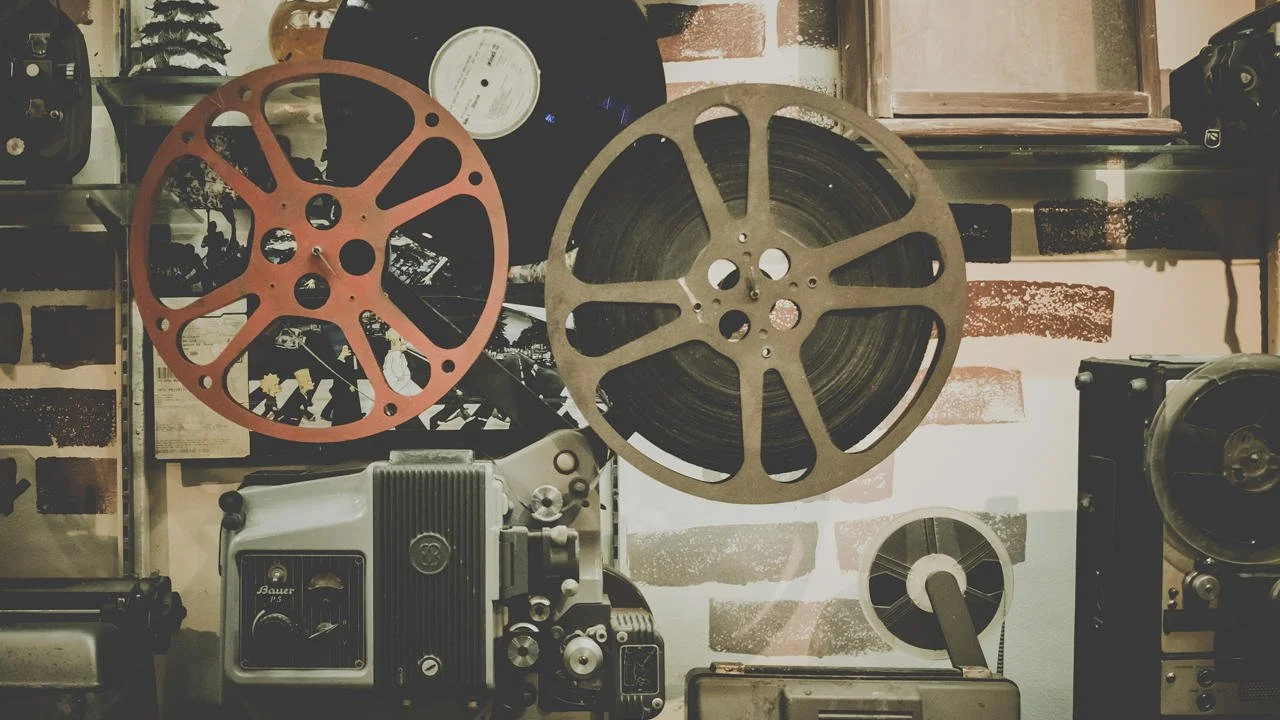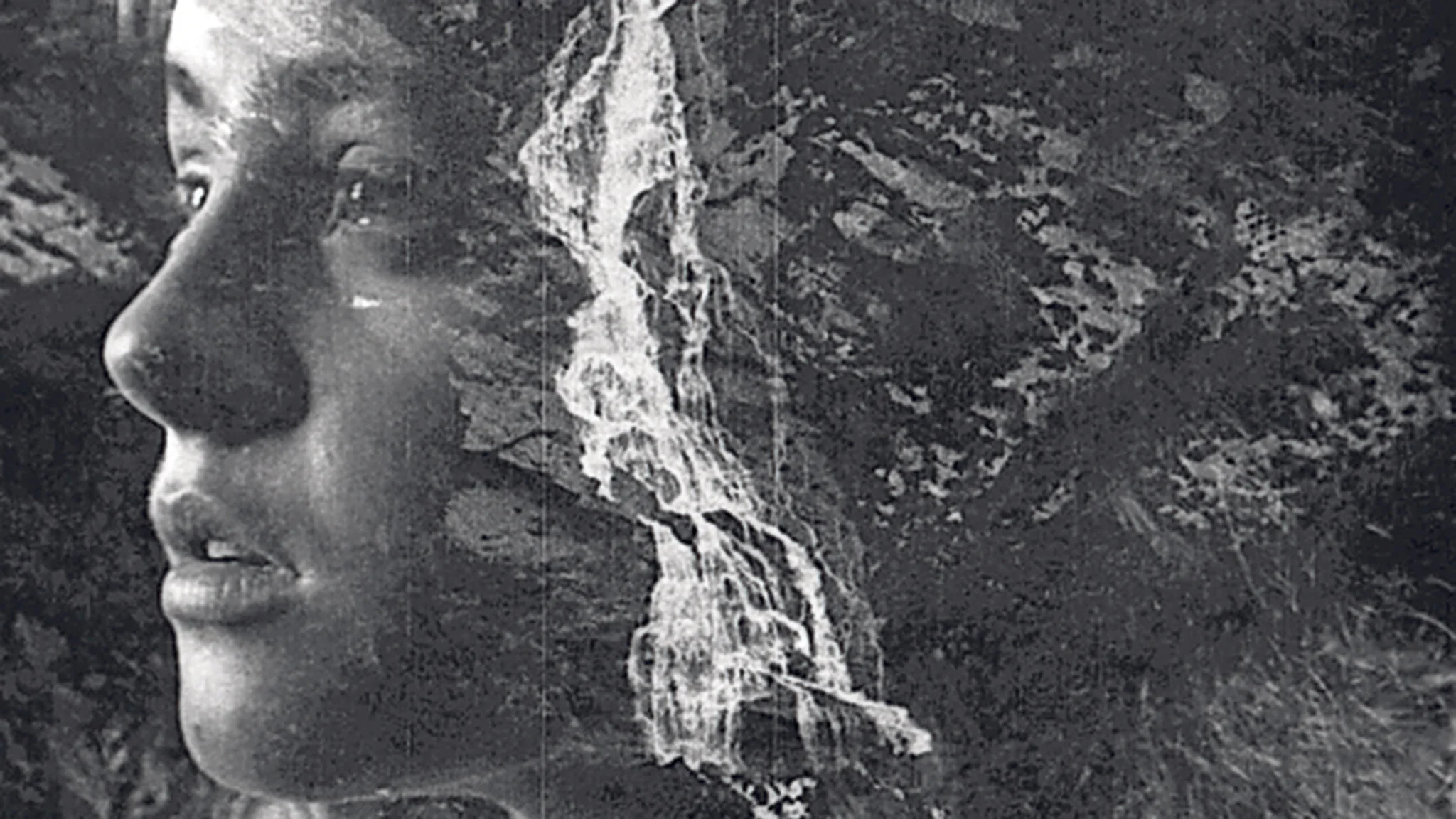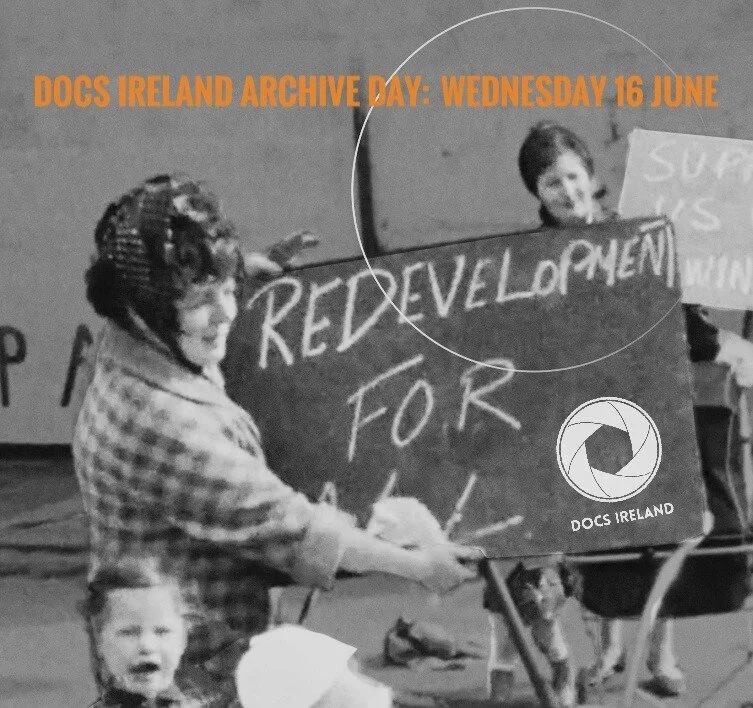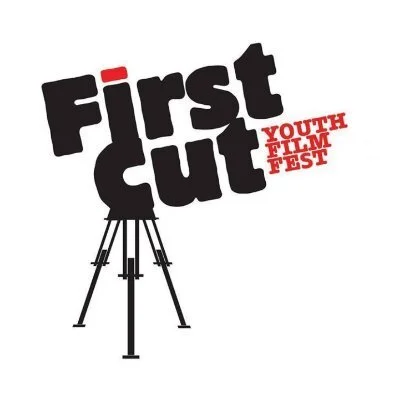This event explores the creative and ethical use of moving image, film and photography as a medium for engaging with contested institutional collections, archives and histories. Specifically, institutions connected to the incarceration, exploitation and separation of bodies and objects from specific social, geographical, and cultural contexts.
The symposium aims to bring the history of representational image-making and mass media at the service of colonial, carceral and imperialist archives and collections, into dialogue with the potential capacity of image-makers to disrupt these institutional lineages. It aims to explore how documentary media have been used to shape the collective definitions and accepted values of authenticity, truth, belonging, criminality and ownership in public and private spaces
While research has been done into the history of audio-visual media used as techniques for categorising, classifying, documenting and surveilling colonial and incarcerated subjects, this event aims to develop a further perspective. It brings together academics, artists, curators and historians, to explore what Ariella Azoulay calls ‘potential history’ in promoting the creative, critical and decolonial repositioning of archives, institutions and creative practices.
The artists and researchers presenting in this event expand our notions of what it means to give and receive access to restricted spaces. How do the images we are able to circulate run parallel to the movements that bodies can make across borders? And might creative interventions with the technologies that give us access to images influence the histories of bodies that we are able to tell?
The event is curated and moderated by Astrid Korporaal, PhD candidate at Kingston University and Lecturer at the University of Groningen and supported by the International Association for Media and Art History’s IAMHIST Challenge, and the Make Film History project.
Speakers:
Artist and academic Judy Price, on her research on Holloway Woman’s Prison and her film installation The Good Enough Mother (2020), which features a sculpture of a baby from the Dorich House Museum acquired for the first Mother and Baby Unit at HMP Holloway in 1948 and explores the subject of incarcerated pregnancy.
Researcher and writer Nikolaus Perneczky, on moving image restitution histories and archives.
Artist Rhea Storr, on the archiving of the Junkanoo carnival in the Bahamas, asking how images of the carnival circulate and how the organisation of space impacts the cultural representation of costumes.
Artist and academic Khadija Carrol on her artistic work and collaborative research with the Immigration Detention Archive and the Pitt Rivers Museum.
Full schedule TBA.
Register here: https://www.ica.art/films/symposium-moving-images-institutional-bodies
















